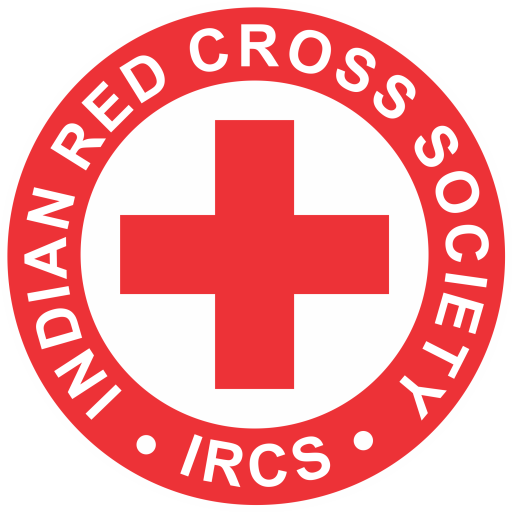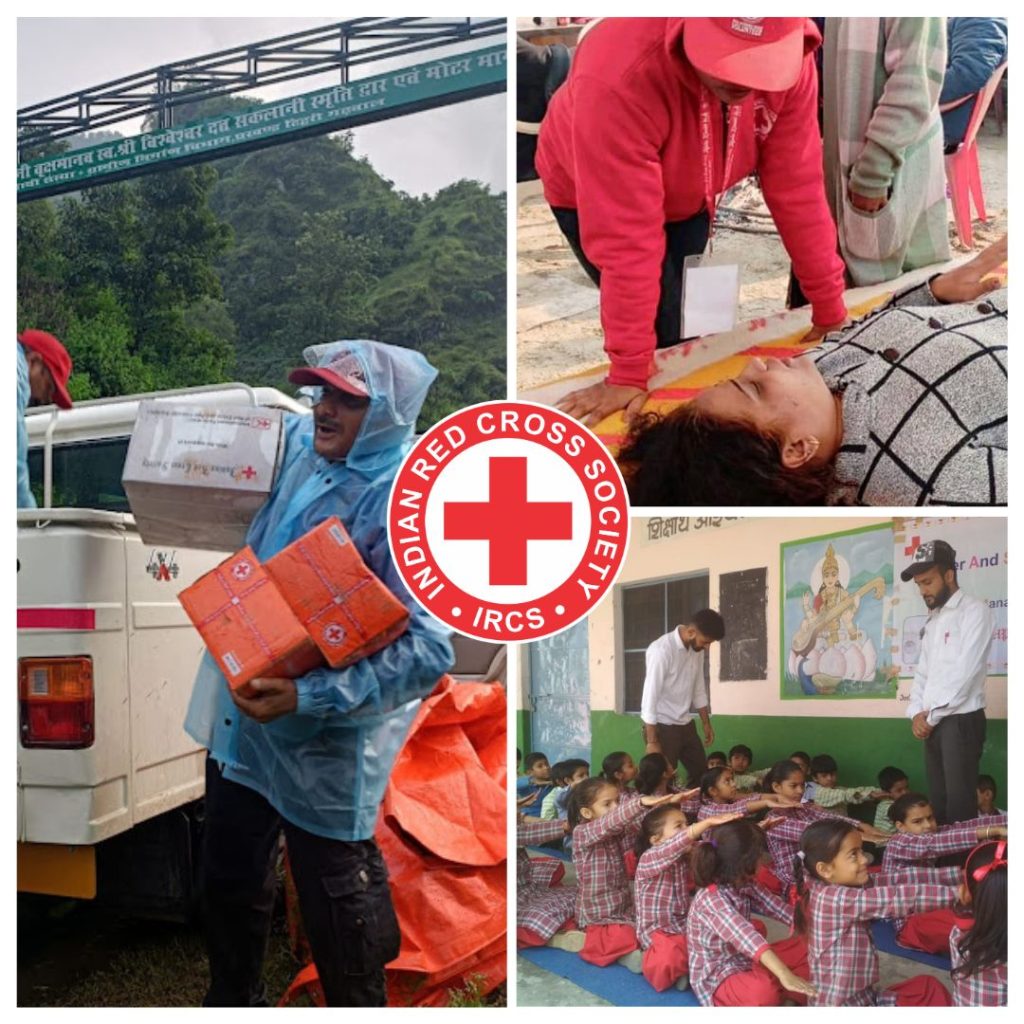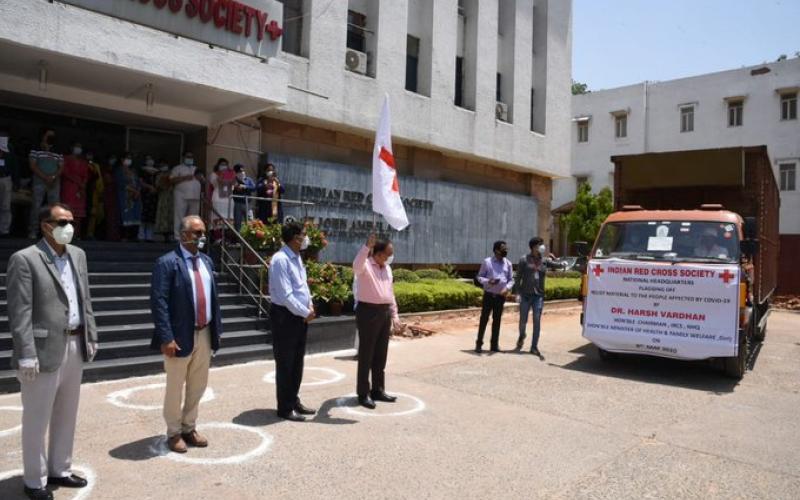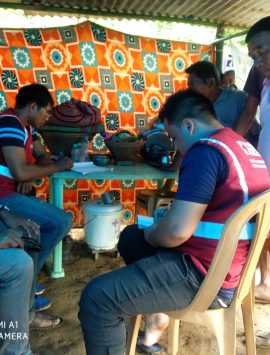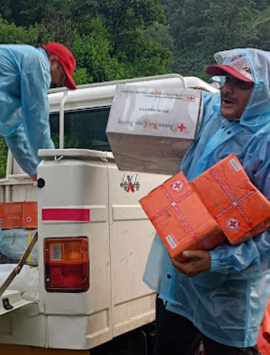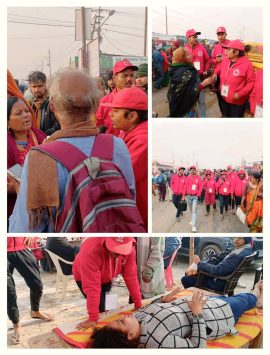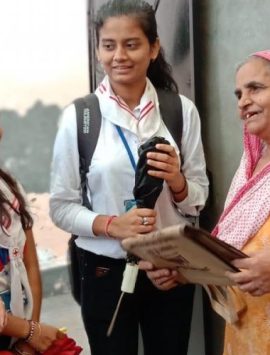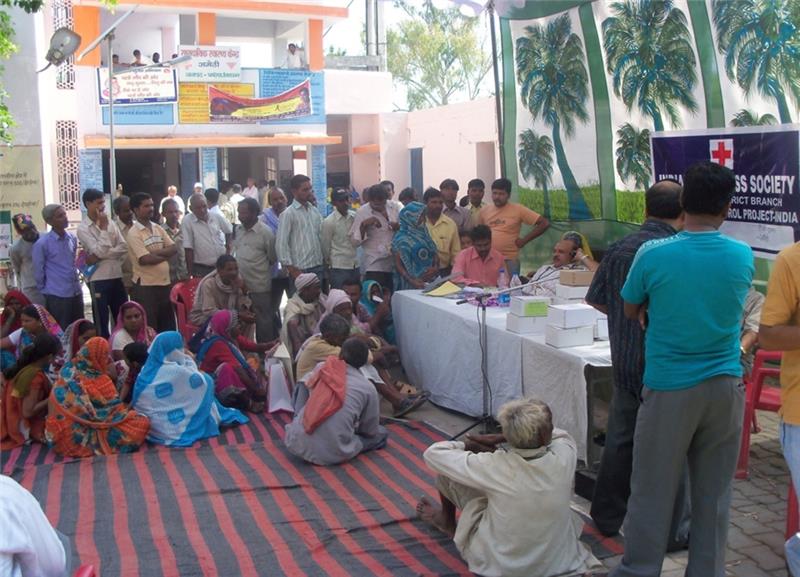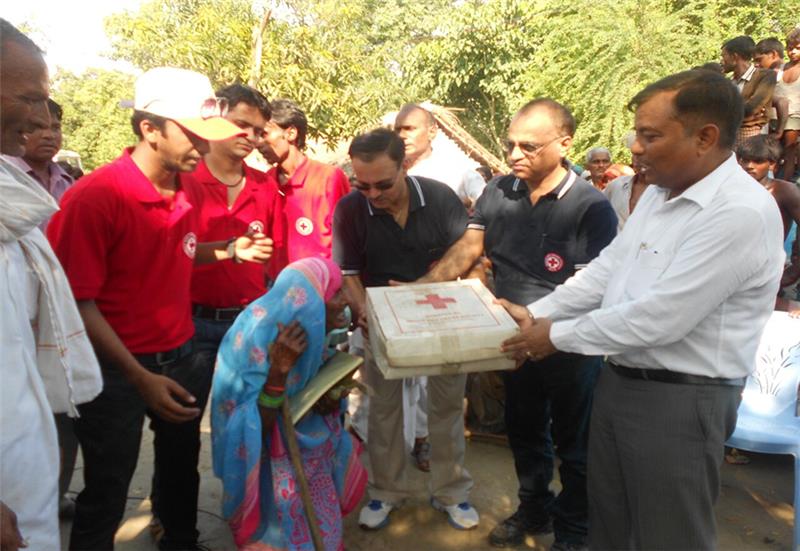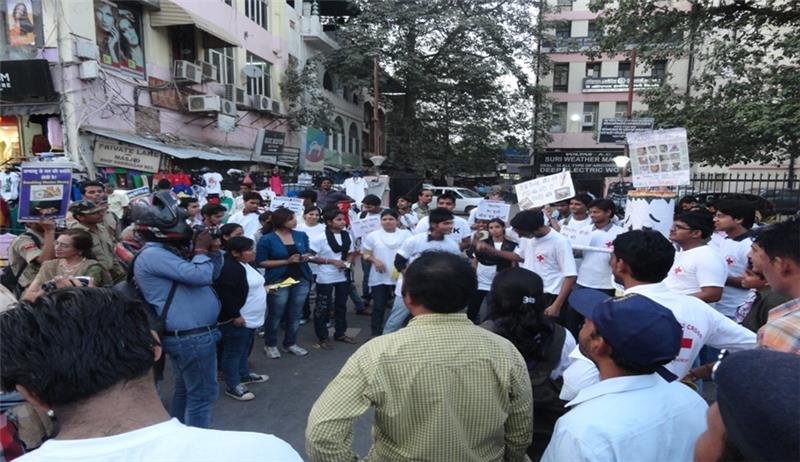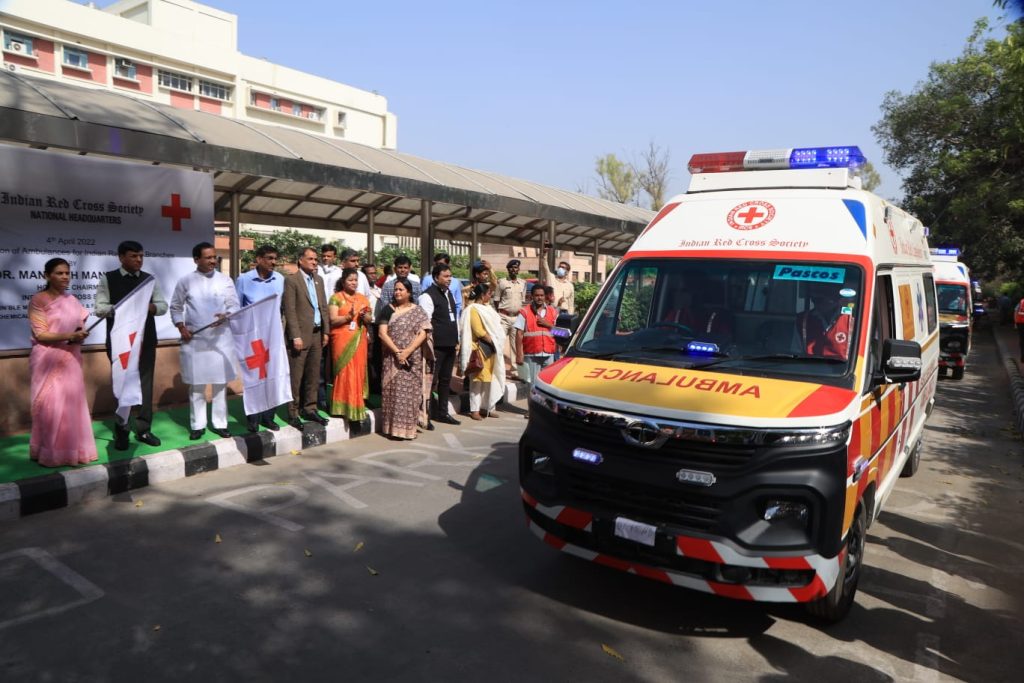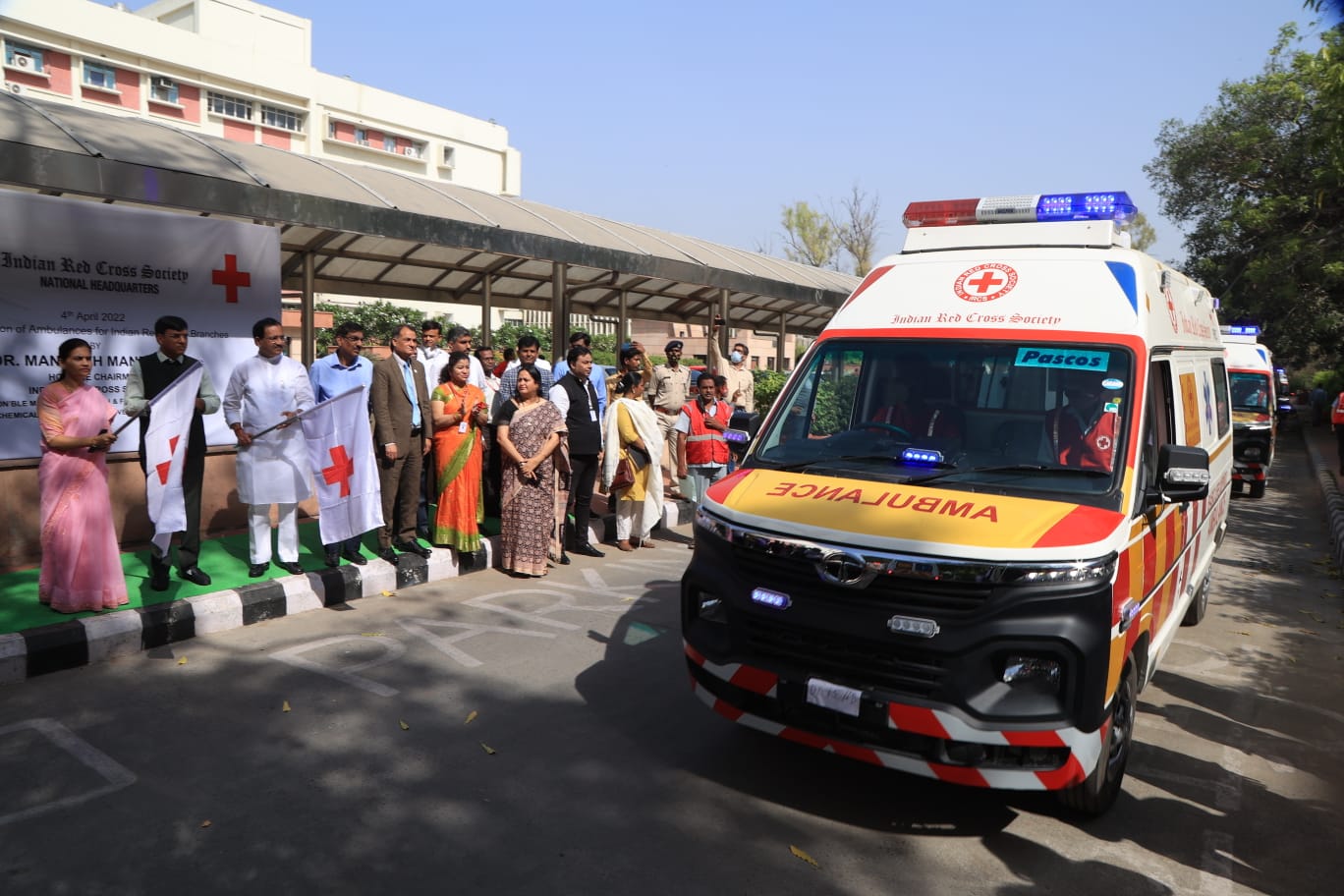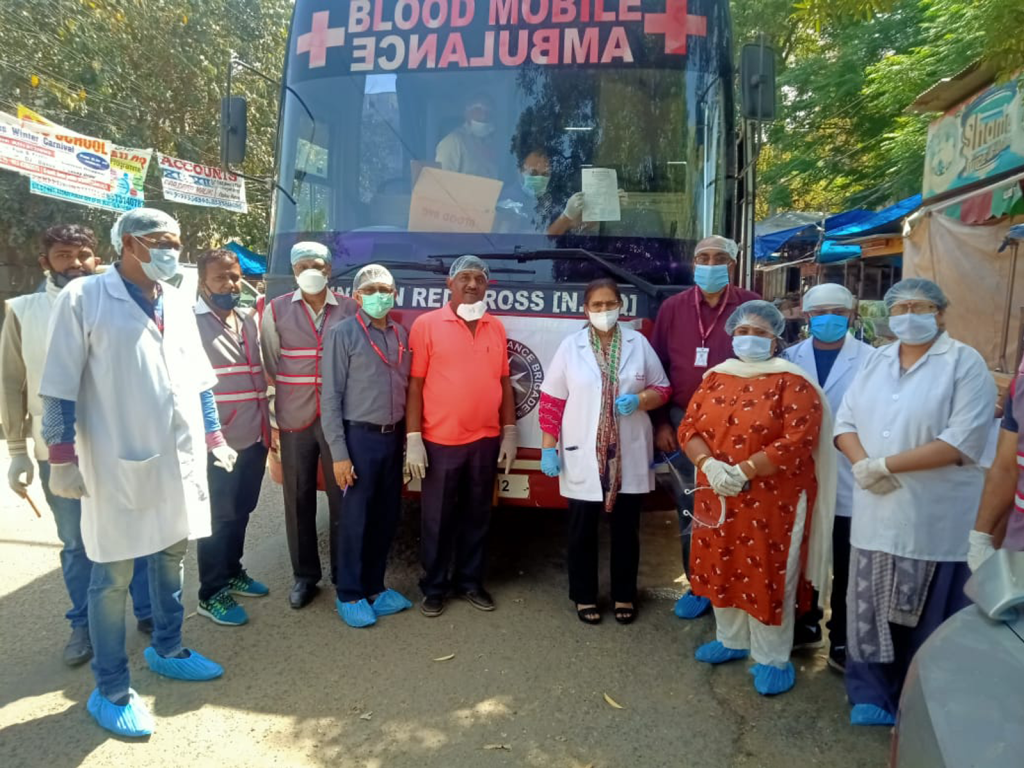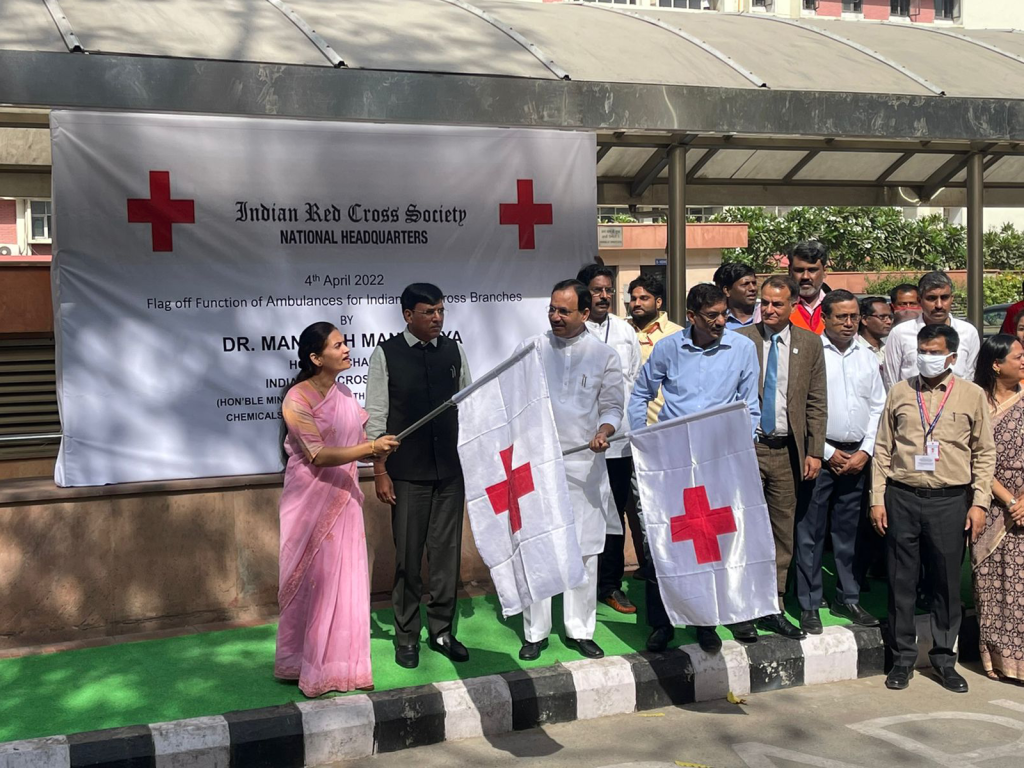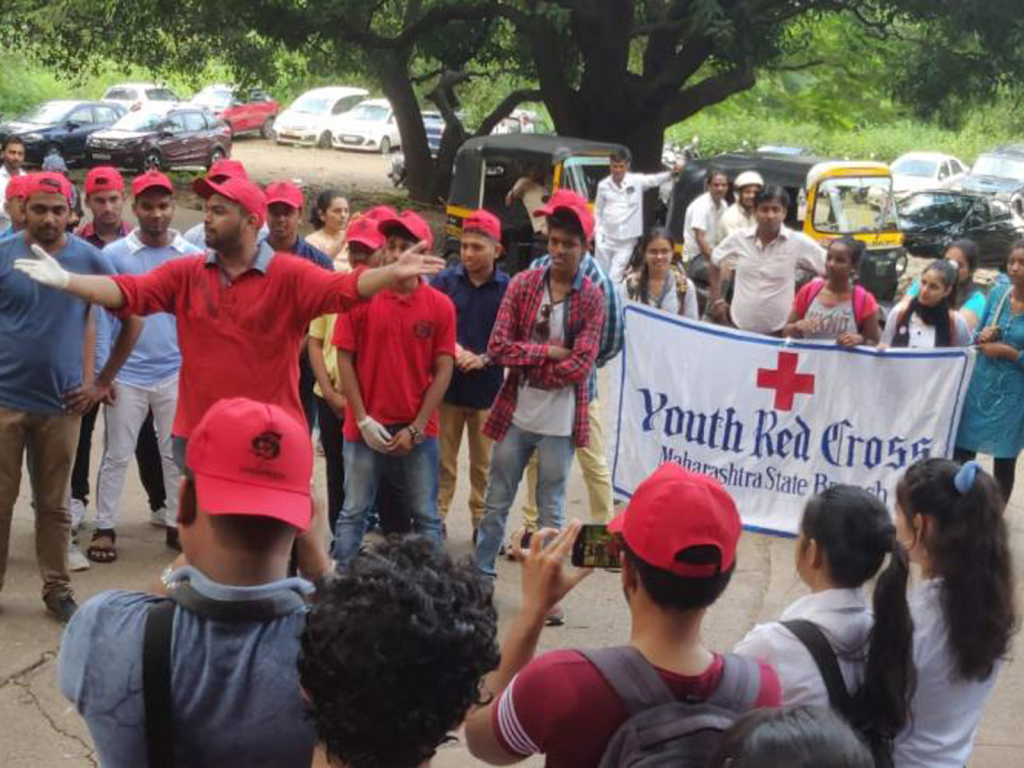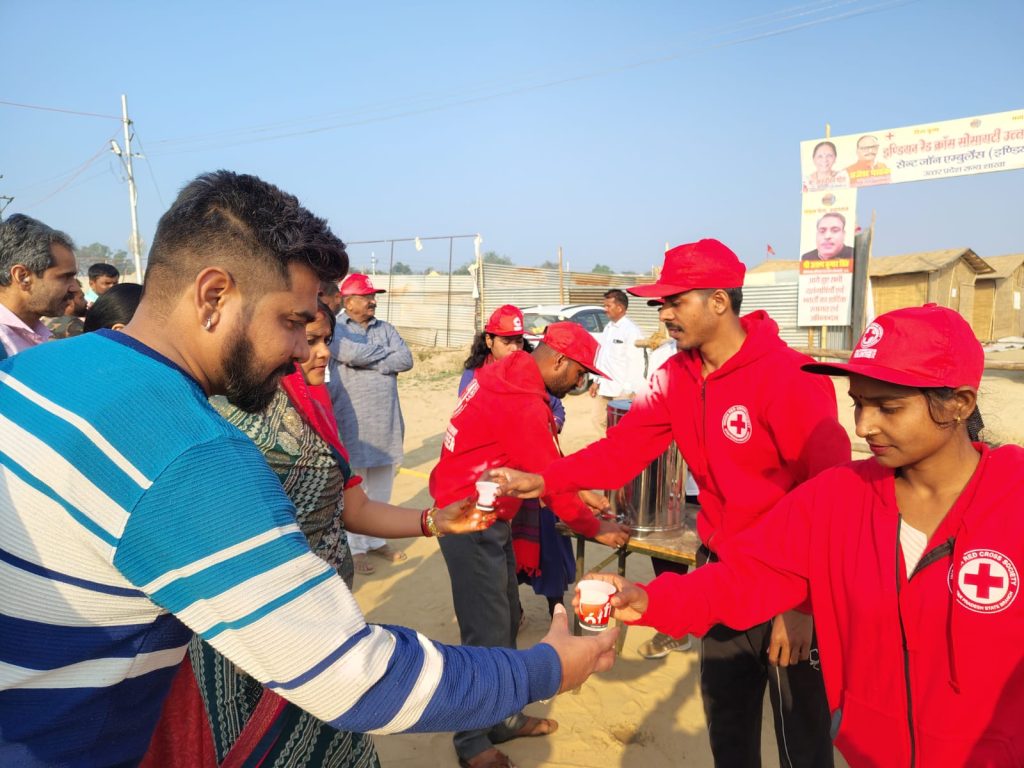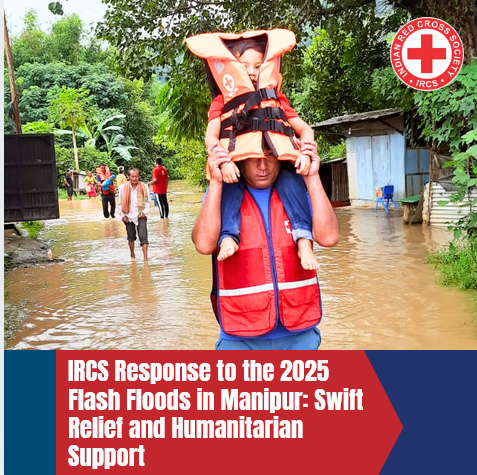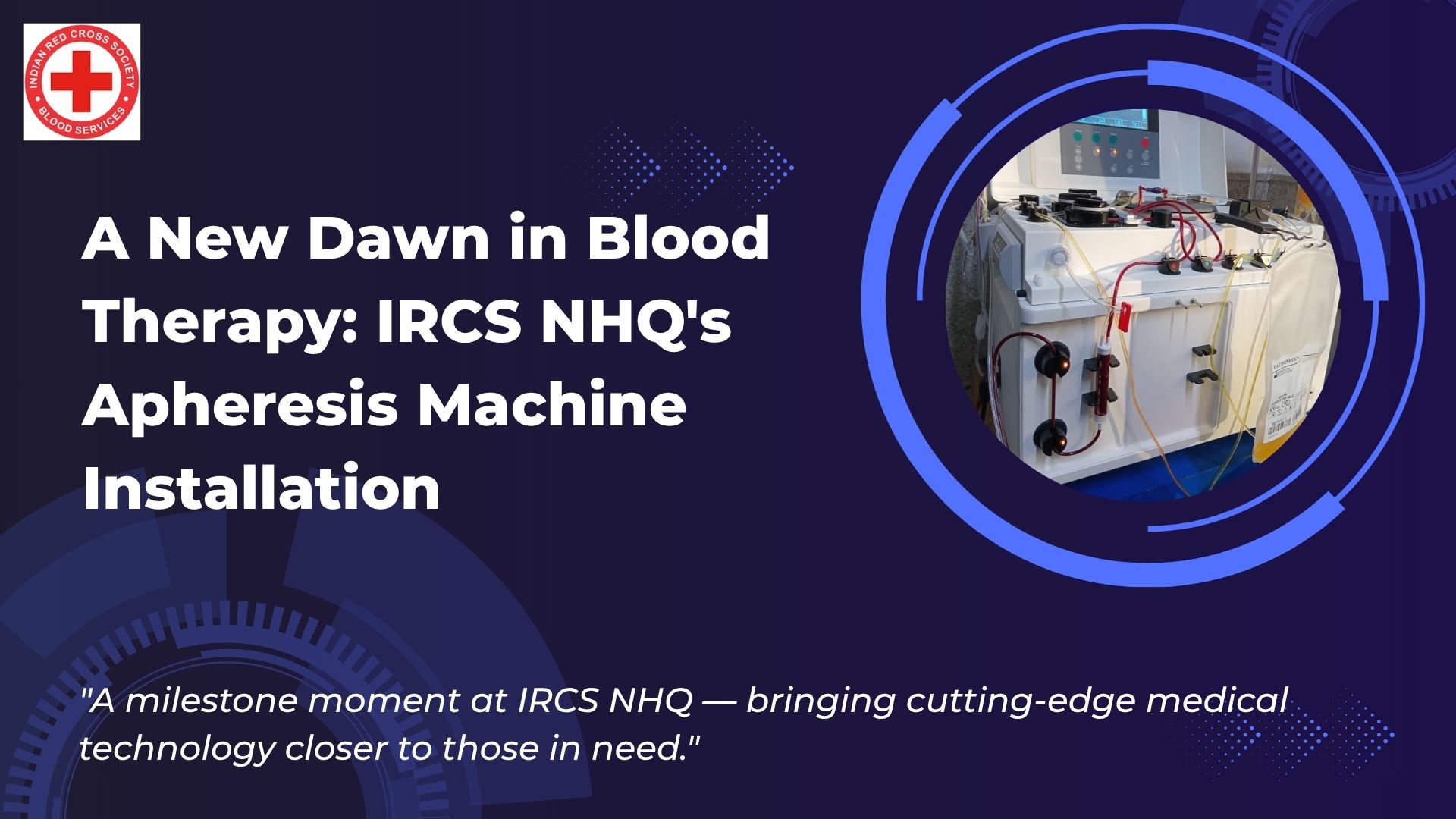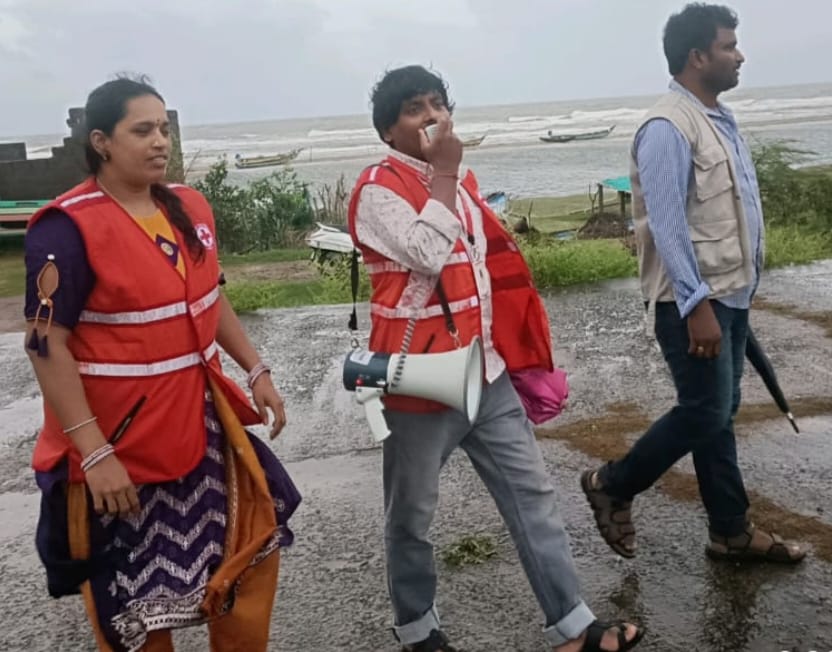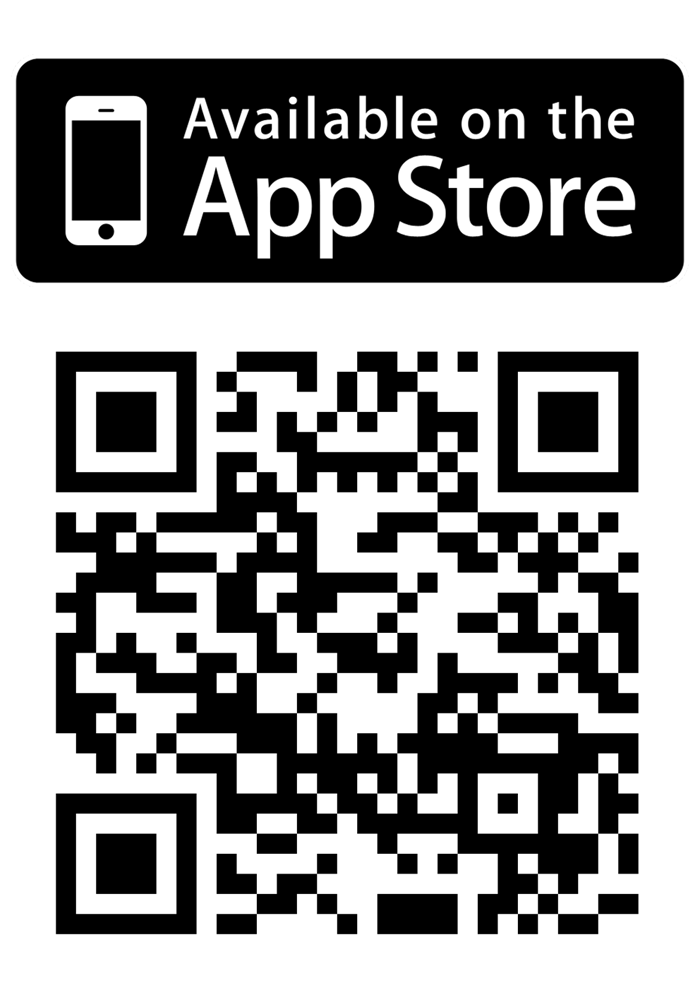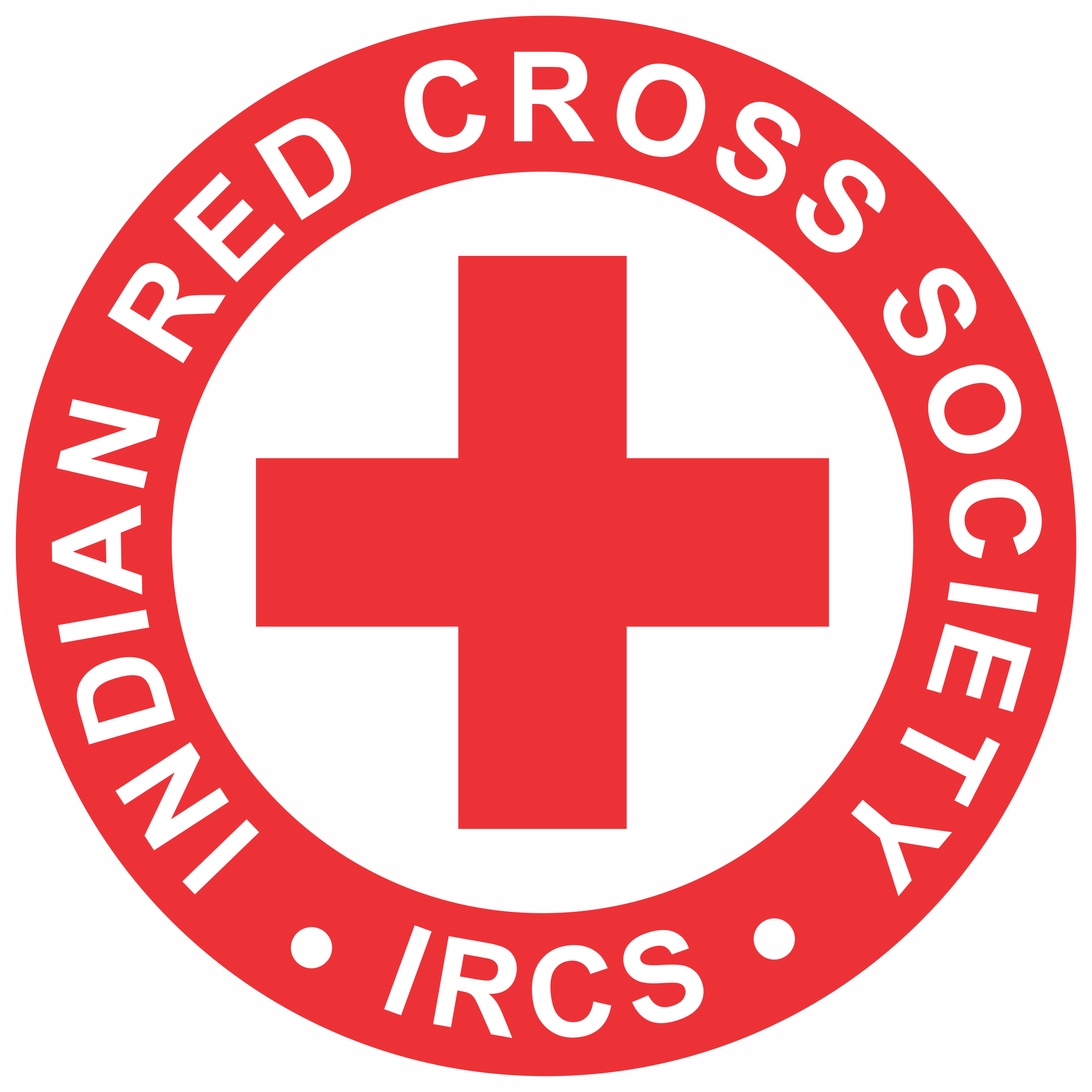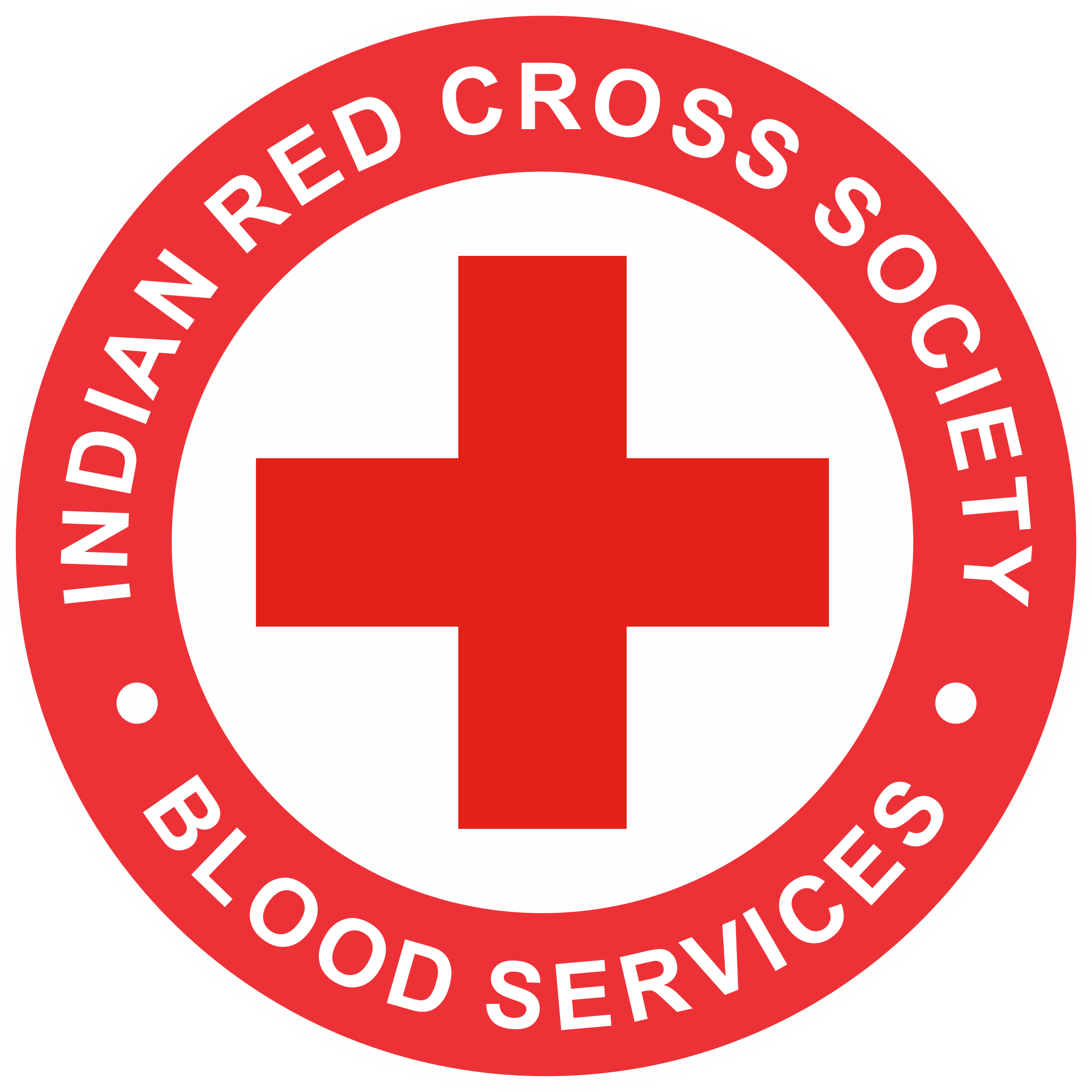Tel: (+91-11) 23716441/2/3
Technician on Duty at IRCS
Blood Centre, NHQ
011-23711551,
011-23359338
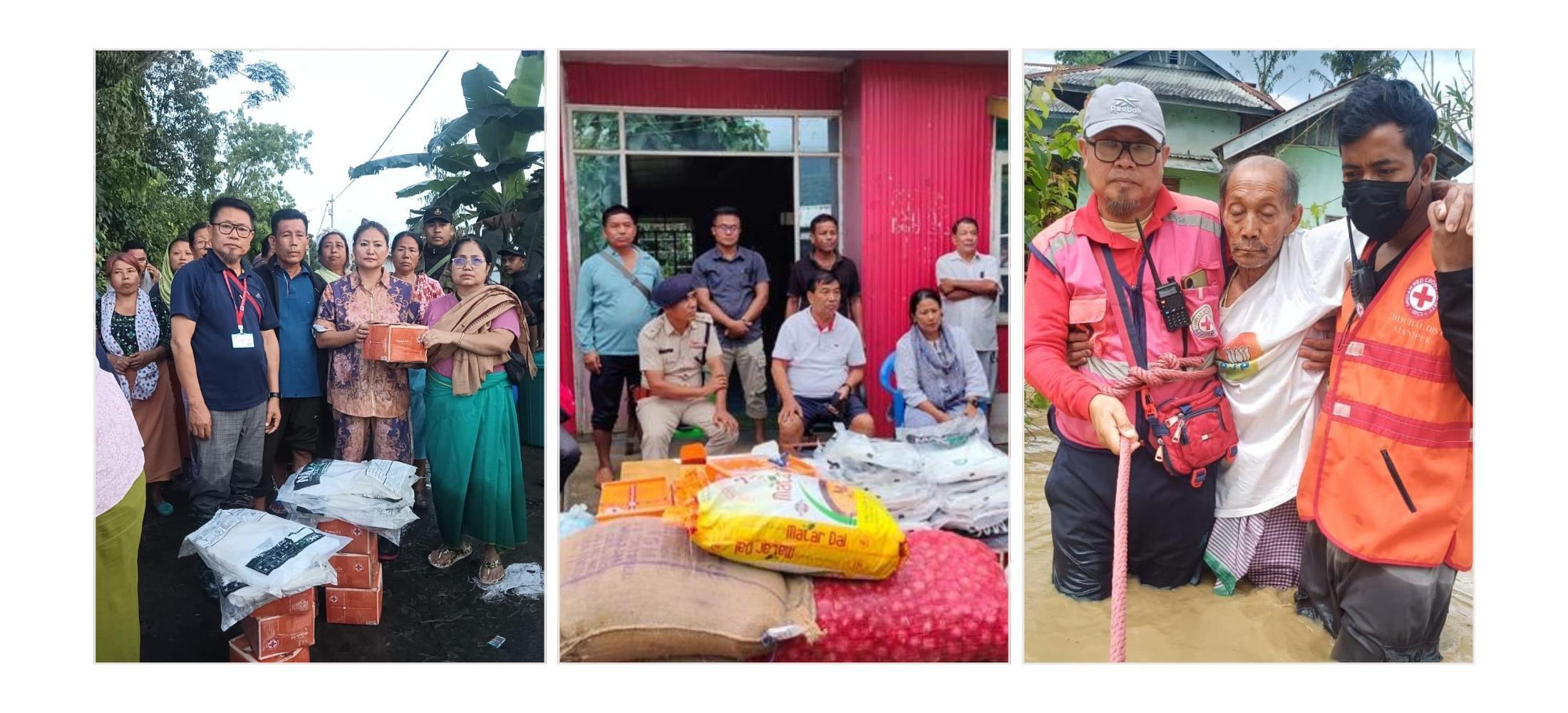






Welcome to IRCS
We are driven by the power of humanity. It's about life saving and life changing work
The Indian Red Cross is a voluntary humanitarian organization having a network of over 1200 branches throughout the country, providing relief in times of disasters/emergencies and promotes health & care of the vulnerable people and communities. It is a leading member of the largest independent humanitarian organization in the world, the International Red Cross & Red Crescent Movement. The movement has three main components, the International Committee of Red Cross (ICRC), National Societies and International Federation of Red Cross and Red Crescent Societies.
Inviting applications for the post of Secretary General at its Headquarters, New Delhi
Last date of application: Extended till 25 February 2026
Date of advertisement: Hindustan Times [28 October, 2025]
WELCOME TO IRCS
The Indian Red Cross is a voluntary humanitarian organization having a network of over 1100 branches throughout the country, providing relief in times of disasters/emergencies and promotes health & care of the vulnerable people and communities. It is a leading member of the largest independent humanitarian organization in the world, the International Red Cross & Red Crescent Movement. The movement has three main components, the International Committee of Red Cross (ICRC), 192 National Societies and International Federation of Red Cross and Red Crescent Societies
Dashboard
Highlights & Key Updates
- To provide the quotation for purchase of four Tyres (7.50/16) for Mobile Blood Collection Bus Van No.DL1MA-6351
- Inviting applications for filling the post of Treasurer of the Society on honorary basis from retired Indian Audit & Account Service officers
- Extension of Date: Pre-Bid meeting : 15th January, 2026, Last date for receipt of Bid: 31st January, 2026- Notice inviting tender for printing of Proficiency Certificates in First Aid and Home Nursing issued by St John Ambulance (India)
- Letter to Branches for reaffirmation of revised membership fee - 15 May 2025
- Newly renovated duplex flats 9 and 10 in Kaka Nagar, New Delhi for rental. These flats are ideal for PSUs and Govt Deptt, in need of residential accommodation
- Representation of Assistants for the Grant of pay to the post of Assistant i.e 18,460/- or Minimum/Entry pay of the post of Assistant i.e 17,140/- w.e.f their date of promotion to the post of Assistant
- Click here to know the Blood Units available at IRCS, National Headquarters, New Delhi
- To provide the quotation for purchase of four Tyres (7.50/16) for Mobile Blood Collection Bus Van No.DL1MA-6351
- Inviting applications for filling the post of Treasurer of the Society on honorary basis from retired Indian Audit & Account Service officers
- Extension of Date: Pre-Bid meeting : 15th January, 2026, Last date for receipt of Bid: 31st January, 2026-Notice inviting tender for printing of Proficiency Certificates in First Aid and Home Nursing issued by St John Ambulance (India)
- Letter to Branches for reaffirmation of revised membership fee - 15 May 2025
- Newly renovated duplex flats 9 and 10 in Kaka Nagar, New Delhi for rental. These flats are ideal for PSUs and Govt Deptt, in need of residential accommodation
- Representation of Assistants for the Grant of pay to the post of Assistant i.e 18,460/- or Minimum/Entry pay of the post of Assistant i.e 17,140/- w.e.f their date of promotion to the post of Assistant
- Click here to know the Blood Units available at IRCS, National Headquarters, New Delhi
>>>>>>>>>
>>>>>>>>>
Donate
Your donation creates hope and oppurnitiy within our community to help the needy who need it...
Become a Member
Individual/institutions enrolling themselves in different grade of memberships by subscribing the membership fee...
Become a volunteer
Volunteering has been at the very heart of the Red Cross since its inception in 1920.Volunteers are the backbone of all...
Blood Services
Latest Activties
Latest News
Red Cross Red Crescent (RCRC), October 23–31, 2024, in Geneva
Asia Pacific Movement Induction Course 2024 held at Sozhou, China
IRCS Newsletter – November 2024
Responds to Emergency Situation at Prayagraj Mahakumbh
Distribution of Blankets- Addressing the needs of urban migration population
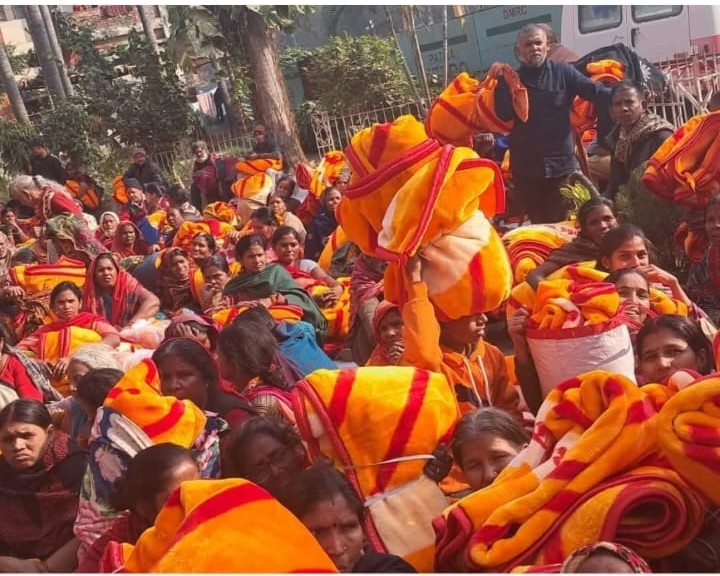
Career & Tenders
List of Indian Red Cross Society
92 First Aid Master Trainers
IRCS’s commitment to building a skilled network for emergency preparedness and community safety.
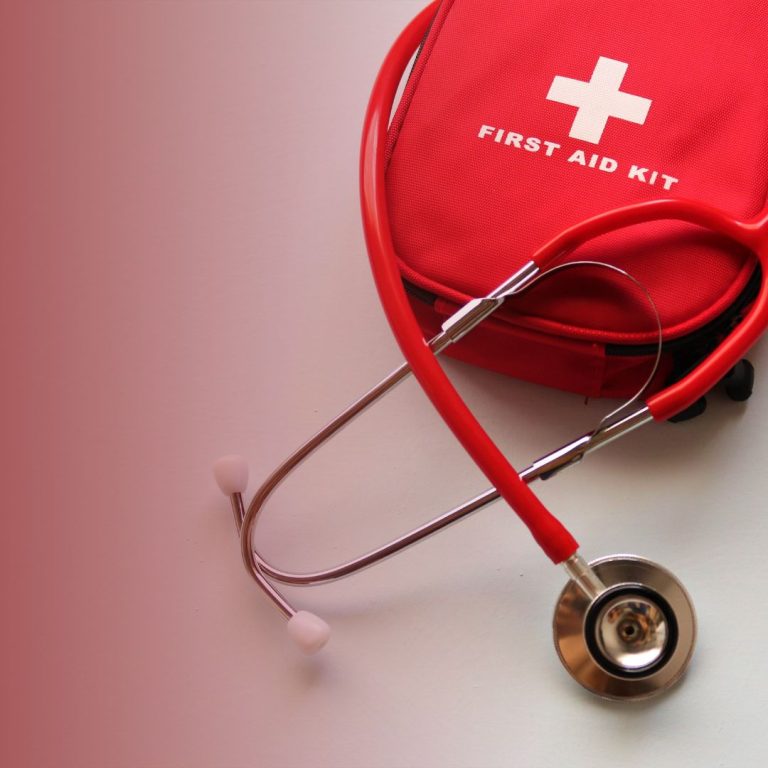
For technician on duty at IRCS Blood Centre, NHQ call 011-23711551, 011-23359338
CONNECT& CONTRIBUTE
MORE FROM IRCS NHQ
FACILITIES & HIGHLIGHTS
IRCS STATE BRANCHES
IRCS NHQ ADDRESS
Indian Red Cross Society 1,
Red Cross Road
INDIA
New Delhi - 110001
Total Visitors: 2478025
CONNECT& CONTRIBUTE
MORE FROM IRCS NHQ
FACILITIES & HIGHLIGHTS
IRCS STATE BRANCHES
IRCS NHQ ADDRESS
Indian Red Cross Society 1,
Red Cross Road
INDIA
New Delhi - 110001
Total Visitors: 2478026
© Copyright 2025 by Indian Red Cross Society
